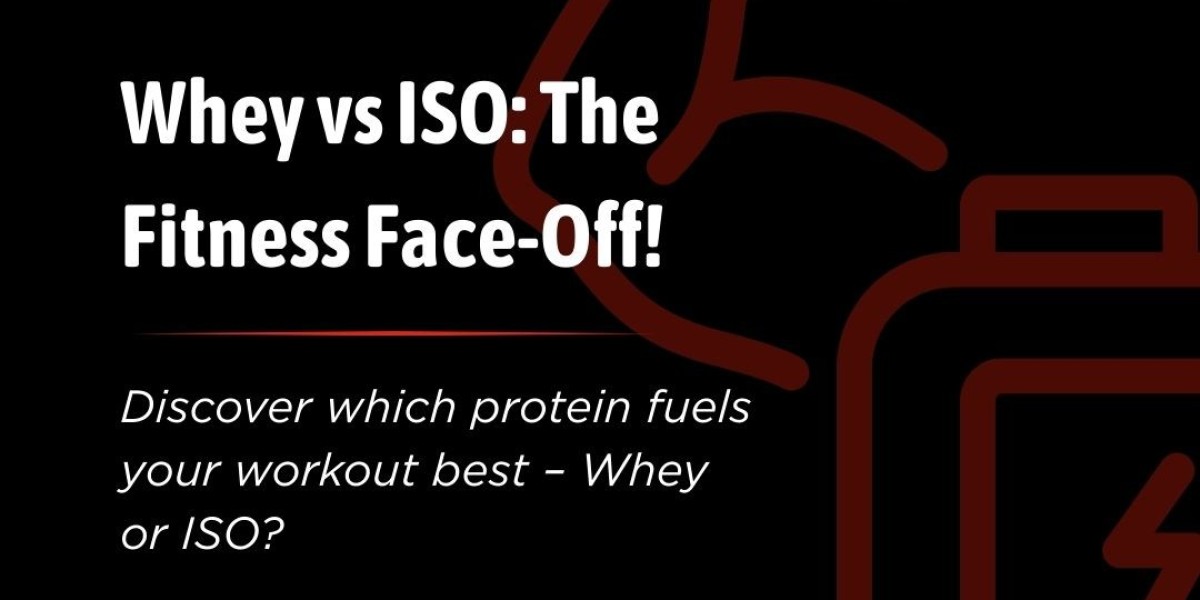When it comes to choosing the right protein supplement, one of the most common dilemmas people face is deciding between whey protein and isolate protein, often called ISO protein. Both come from milk and both provide high-quality protein, but they differ in how they are processed and how they work for specific fitness needs. At Pahal Nutrition, the focus has always been on simplifying the understanding of nutrition so that people can make the right choices for their health and goals.
Understanding Whey Protein
Whey protein is the liquid by-product that remains when milk is curdled and strained during the cheese-making process. It is rich in essential amino acids, which are the building blocks the body needs for repairing and building muscle tissue. Most people are familiar with whey protein in its concentrate form, which typically contains around 70–80% protein, with the remaining portion made up of fats, carbohydrates, and lactose.
Because of its composition, whey concentrate provides not only protein but also small amounts of beneficial nutrients naturally present in milk. It digests relatively quickly, making it a good option for a post-workout shake. For those who do not have issues with lactose, whey concentrate can be a balanced and cost-effective source of protein.
Understanding ISO Protein
ISO protein, or whey protein isolate, is a more refined version of whey protein. Through an additional filtration process, most of the lactose, fats, and carbohydrates are removed, resulting in a powder that usually contains 90% or more protein per serving. This makes it a leaner choice, appealing to those who want higher protein intake with fewer extra calories.
Because of its minimal lactose content, ISO protein is often a better option for people who experience bloating or digestive discomfort when consuming regular whey. It also absorbs quickly, which can be beneficial for athletes or individuals aiming for precise nutrition around workouts.
Key Differences Between Whey and ISO
While both whey and ISO protein come from the same source, their differences lie in their nutritional profile and digestibility.
- Protein Content: Whey concentrate has slightly less protein per scoop compared to ISO. This may not matter much for casual gym-goers but can make a difference for people closely tracking their macronutrient intake.
- Carbohydrates and Fats: Whey concentrate retains some fats and carbs, while ISO is almost stripped of them. If calorie control is a priority, ISO may be more suitable.
- Lactose: Whey concentrate contains more lactose, which may cause issues for those who are sensitive. ISO protein, with very low lactose, is generally easier on digestion.
- Processing: Whey concentrate is less processed, while ISO undergoes more filtration steps to refine the protein content.
Which One Should You Choose?
Choosing between whey and ISO protein depends on your personal fitness goals, dietary needs, and budget.
- For Beginners or General Fitness
If your goal is to support general health, improve overall protein intake, and recover from light to moderate exercise, whey protein concentrate is a solid choice. It offers a good balance of protein, carbs, and fats, along with the natural nutrients found in milk. - For Muscle Building
Both whey and ISO can support muscle growth because they are rich in essential amino acids, particularly leucine, which stimulates muscle protein synthesis. However, ISO may give a slight edge to those who want higher protein with fewer calories. - For Fat Loss
If your priority is to reduce body fat while maintaining muscle, ISO protein can be more beneficial due to its lower calorie and carb content. This makes it easier to stay in a calorie deficit without sacrificing protein intake. - For Lactose Sensitivity
Those who experience digestive issues with whey concentrate should lean toward ISO protein. The reduced lactose content makes it gentler on the stomach. - For Budget-Friendly Options
Whey concentrate is usually more affordable compared to ISO protein. For individuals who do not have lactose intolerance and are not on a strict calorie plan, whey concentrate can provide excellent value.
How Timing Plays a Role
Another important factor to consider is when you plan to consume protein. After a workout, your body is more receptive to protein and nutrients, making either whey or ISO a good option. ISO may be slightly more effective for those who want rapid absorption. On the other hand, whey concentrate can be taken at any time of day, including as part of a smoothie or meal replacement.
The Role of Diet in Your Decision
It’s also important to look at your overall diet. If your meals already provide a balanced intake of carbohydrates and fats, ISO protein might complement your nutrition better by providing protein without additional extras. But if your diet is lower in calories or lacking in healthy fats, whey concentrate can offer a more balanced nutrient profile.
Common Misconceptions
There are a few myths that often confuse people when deciding between whey and ISO protein. One common belief is that ISO is always superior. While it is true that ISO has a higher protein content and is easier to digest for some, it doesn’t necessarily mean it is better for everyone. For many people, whey concentrate works just as well for muscle growth and recovery.
Another misconception is that ISO is only for professional athletes. In reality, anyone can use ISO if it suits their goals and digestive system. Likewise, whey concentrate is not just for beginners; it can be a long-term option depending on individual needs.
Making the Final Decision
At the end of the day, the choice between whey and ISO protein comes down to understanding your goals and listening to your body. If you are focused on calorie control, digestion, and lean muscle development, ISO may be the right fit. If you want a more affordable, nutrient-rich, and versatile option, whey concentrate could be the better path.
Conclusion
Both whey and ISO protein are excellent sources of high-quality protein, and neither is inherently better than the other. The right choice depends on your unique fitness goals, dietary habits, and how your body responds. By paying attention to these factors, you can make a decision that supports your health and performance over time.
For those seeking clarity in nutrition, it helps to focus on understanding your body rather than chasing trends. Pahal Nutrition believes in guiding individuals toward smarter choices by breaking down the differences in a simple, relatable way. Whether you choose whey or ISO protein, what matters most is consistency, balance, and how it aligns with your personal journey.







